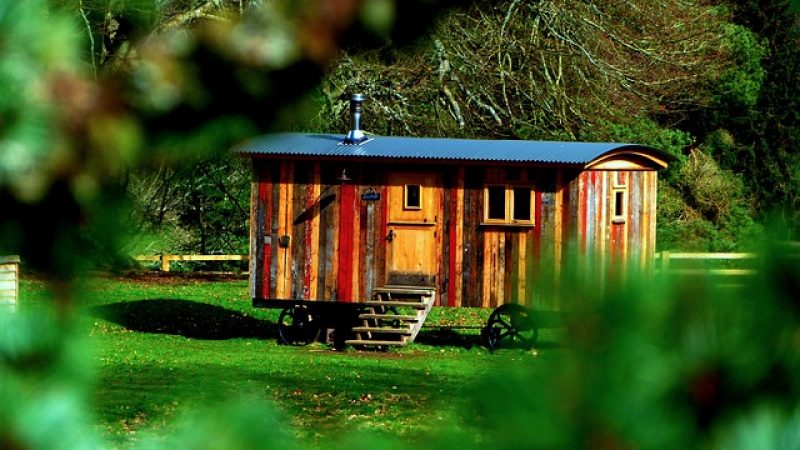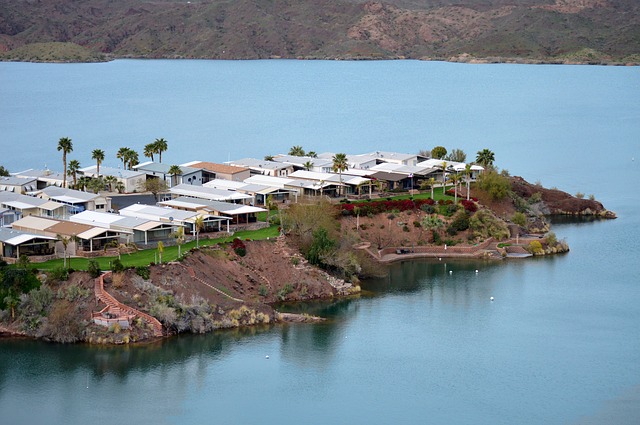If you are beginning to consider your retirement housing options you may need to be flexible. Let us help you by outlining the retirement living options available for Australians.
I’m sitting comfortably in front of my screen, in our comfortable home, on our own block, living the Australian dream that can be semi-retirement or re-wirement.
What does not rest so comfortably is the fact that too many of our generation, and those following, will have little opportunity to bask in the sun with the same privilege or to live independently in a property they own.
Is this important and what are the costs and benefits of home ownership compared to a myriad of other options for a “comfortable” life in retirement? This and following post/s will explore these issues and canvas some future housing policies. Please note that terminology and categorisation can become blurred in this discussion and references, as they vary widely.
The current retirement housing scenario in Australia
These posts are designed to provide some directional impetus in a country where the expectation of home ownership in retirement for many has already become, or is certainly fast becoming, an evaporating dream.
It is acknowledged that in many places, European countries for example, home ownership has never been a general expectation for many people. These countries have vastly different governmental frameworks. It is also the case that although this blog is directed towards retirement, the housing and community issues involved need to be addressed widely in policies at Federal, State/Territorial and Local Government levels.
Australia needs to embrace new paradigms for housing models that are dictated by economic sustainability, but not necessarily in the “for-profit” sector that is revenue driven. That means looking at various models and options perhaps not presently being actively pursued in a broad sense.
Let’s face it, many reading this post probably best relate to my situation. But let’s ask ourselves some questions:
- Because you are in a fortunate position, is it OK to ignore those who are not?
- In future, will a lack of “comfortable” independent living circumstances for some, impact on others who are better off?
- Is it within our general social interests to simply allow part of our community (yes, it is our broader community) to see more people effectively homeless in old age? Homelessness for older Australian women is already a real issue.
Barriers to independent retirement living
Before anyone suggests that if someone doesn’t have their own home by the time they retire, that is just too bad for them, I would ask you to consider how close some of us could be to that unfortunate circumstance occasioned by accident, ill health, early job loss, family breakdown, supporting other family members (spouses, old aged parents, kids with disabilities etc.), business failure, through no particular fault of their own.
Let us also consider, and some may have experienced this directly, that within families, past decisions may have been made based on misplaced trust, false expectations, bad advice or outright confidence trickster activities which have resulted in losing real owned-housing options. I am referring here to some unscrupulous – and increasingly illegal – housing schemes for the “aged”.
Let me declare that, with the obvious exception where there are medical conditions necessitating relatively close quarters living, I personally do not favour older citizens being accommodated in communities that don’t offer open inter-generational interaction. Jan wrote previously about the importance of this interaction in staying young.

Retirement living options in Australia
If we accept that ignoring this issue is perhaps not the best outcome, let’s look at some general housing options in retirement.
- Independent housing in a house, apartment, townhouse or unit (assume no or very small mortgage)
- Public Housing in its various forms and locations
- Perpetual Housesitting
- Accommodation sharing
- Communal housing
- Tiny houses
- Multi-generation households – live with the kids or parents
- Low cost retirement villages or “manufactured home” parks
- Independent living retirement community or retirement villages (over 55 communities), including high-rise aged accommodation
- Continuous motor home/RV touring
- Back-to-back cruise ships
- Relocating overseas
First up, some of these options may appear a little whacky, but depending on your disposition and financial circumstances, perhaps worth a thought for future policy directions.
What might be the drivers for a particular choice?
Independent housing for retirement
Like it or not, first and foremost will be money; what capital you have to invest in the chosen option and how do you then live as a result of making that choice. We, for instance, came up with some fantastic plans for our dream house on a beautiful block, then realised that we also wanted to eat and travel. As reality hit, planning was then modified as we cut our cloth with an air of extreme practicality! Lucky us that we could make those choices.
If you are in your own home on a part pension the Pension Loans Scheme could assist with your expenses. Commercial Reverse Mortgage schemes could also help, with a strong word of caution on the T’s & C’s.
If you have the ability to live independently, including body corporate costs, in a house or unit, great, but you still have to support that choice. You will still be paying rates and have responsibility for the immutable expenses of electricity and water and the all-important, eating.

Public housing in retirement
Eligibility criteria vary in detail depending on where you live but are needs based, considering financial circumstances, present living arrangements, health etc. And once you satisfy the criteria you may still be on a long waiting list. As is often the case with public housing, the amalgam of people who qualify in a given location may lead to justifiable discomfort for other residents with little opportunity for relocation or recourse against unsociable resident behaviour. The experience varies considerably.
Perpetual house-sitting as a retirement living choice
An example of ‘no-fixed-address” which is entirely suitable to some, usually single people, and can extend to the international sphere. I am told this requires good scheduling skills and perhaps some generous friends along the way to fill gaps, but is perfectly viable, provided you are independent of the need for a fixed address.
Accommodation sharing
Accommodation sharing is an increasingly popular option, formalised by facilitation groups such as Better Housing Together, for women over 55. The benefits of accommodation sharing for retirement living are, within the rules, extensive, offering a good deal of independence, companionship and safety. Whilst the referenced scheme is a pilot, it certainly has good potential for both metro and regional areas.
Communal housing
Communal housing offers accommodation options where there is a distinction between specific private individual/couples living areas and other communal areas. These may be privately owned by individuals, charities or other organisations such as Councils, Churches etc. There is a need to examine closely the financial arrangements for this type of accommodation. A New Zealand option which Australia could consider is a form of shared housing.
Tiny houses
This option appears sensible to me, but the question remains that you need land to put them on and in many council areas this may currently involve a very difficult, if not impossible, approval process. I think local councils have to look more carefully at this option and its viability. Here’s a tilt at a tiny house community in Australia, some thoughts from WA and a specific tiny house project.

Multi-generational retirement housing
Parents moving in with their children or vice-versa. Highly dependent on the family arrangements and the house configuration. This choice is far more European in concept but not unknown in Australia. With clever design and some reasonable cooperation, this could be a very viable arrangement.
Low cost retirement villages or “manufactured home” parks
I will talk further about these options in a future post, for now my main comment is to read the fine print and understand the arrangement thoroughly. Seek 3rd party legal and accounting advice.
UPDATED: Read about the financial and legal implications of purchasing in manufactured home parks.
Independent living retirement community or retirement villages, including high-rise aged accommodation
Often billed as Over 55 communities, these are similar to the previous arrangement, but units are independently privately owned with Body Corporate type fees to cover a variety of community facilities that may be available. Read this post for more on the promise and pitfalls of retirement villages
Continuous motor home/RV touring
If you have a wandering spirit, the internet, and no desire to be staked down on your own plot, this option could be most enjoyable. The upper end of the mobile home market offers even more than a tiny home! Personally, I would like a block of land in reserve to park at the end of my driving days!

Back to back cruising
With the price of some lengthy cruises, why not? If friends and family want to see you, they can book on board. There are also some pretty sophisticated cruise lines adapting to exactly this trend.
Retiring overseas
We have covered this in a specific post Where in the World (to live in retirement) with some thoughts, tips and pitfalls so if that works for you, there is plenty of general and specific reading out there. Again, knowing all the implications is essential.
So what are your thoughts on retirement living options?
When starting this post, I had really not thought through the multiplicity of options, and I am sure people may have had or seen other examples I’ve not covered. We would really like to get some comments on the issue, but more so would like this to start conversations amongst friends, family, people ‘in the accommodation business’, our politicians etc. to canvas some creative and sustainable changes.
What is your thinking? Have you needed to address these issues for yourself, family or friends? Are your aspirations for the future achievable?




